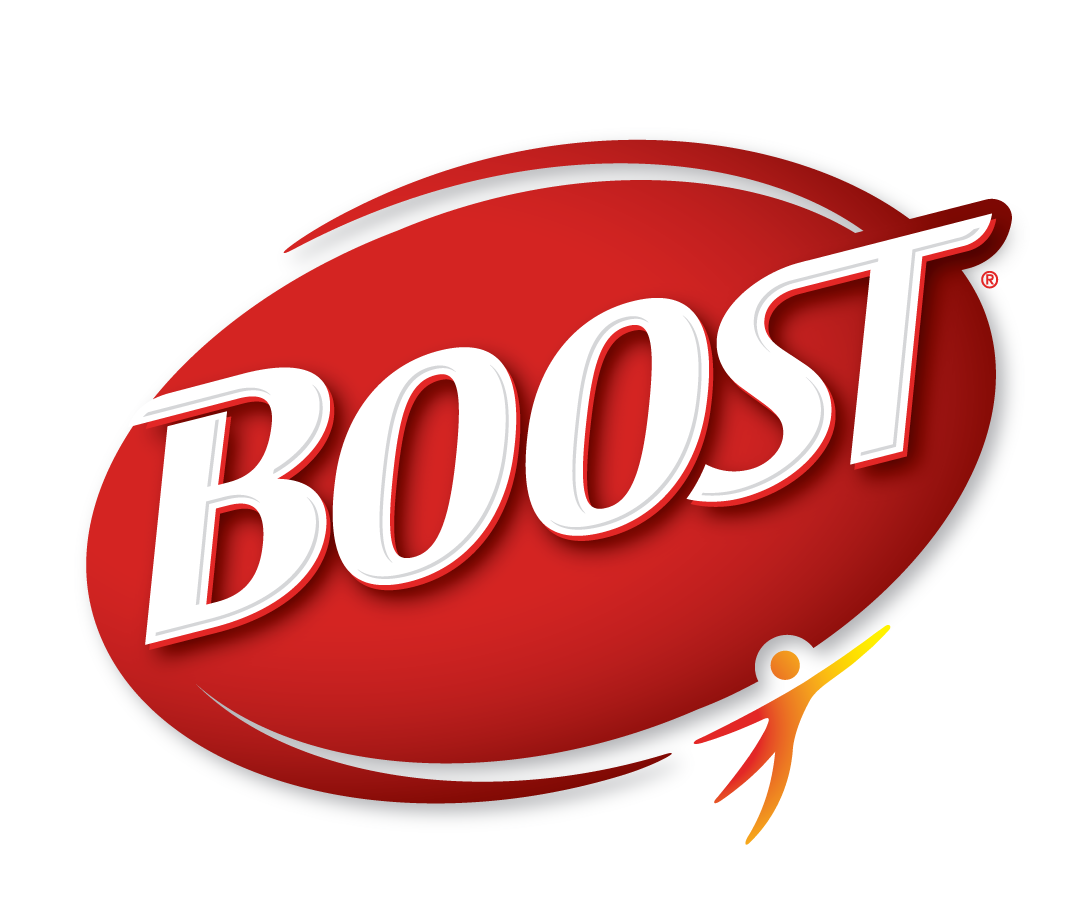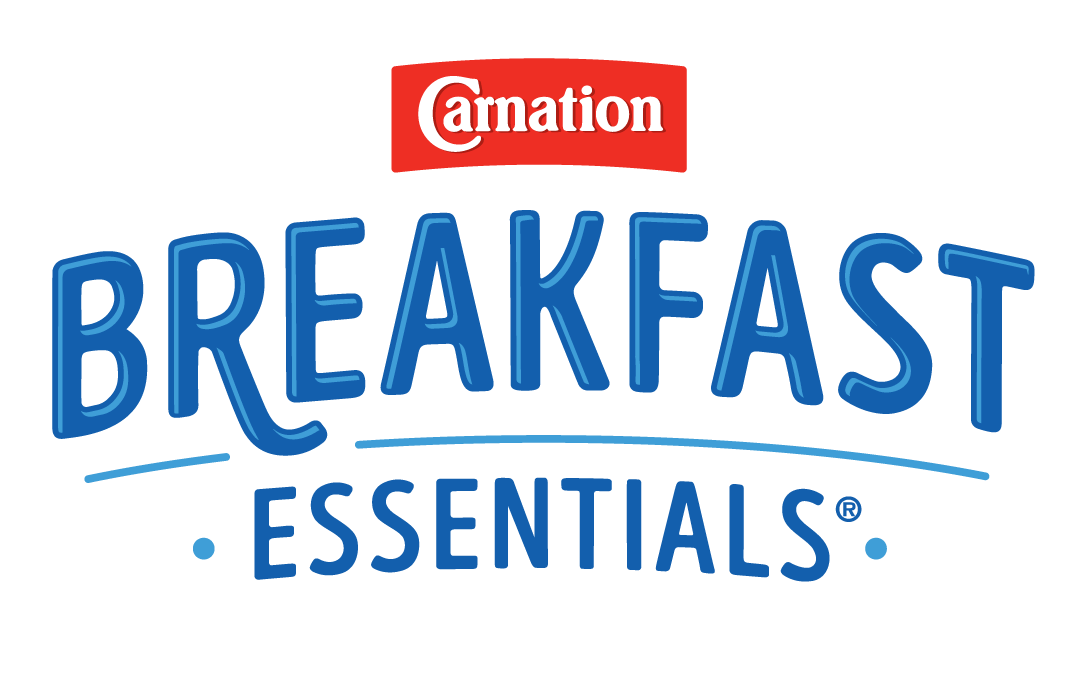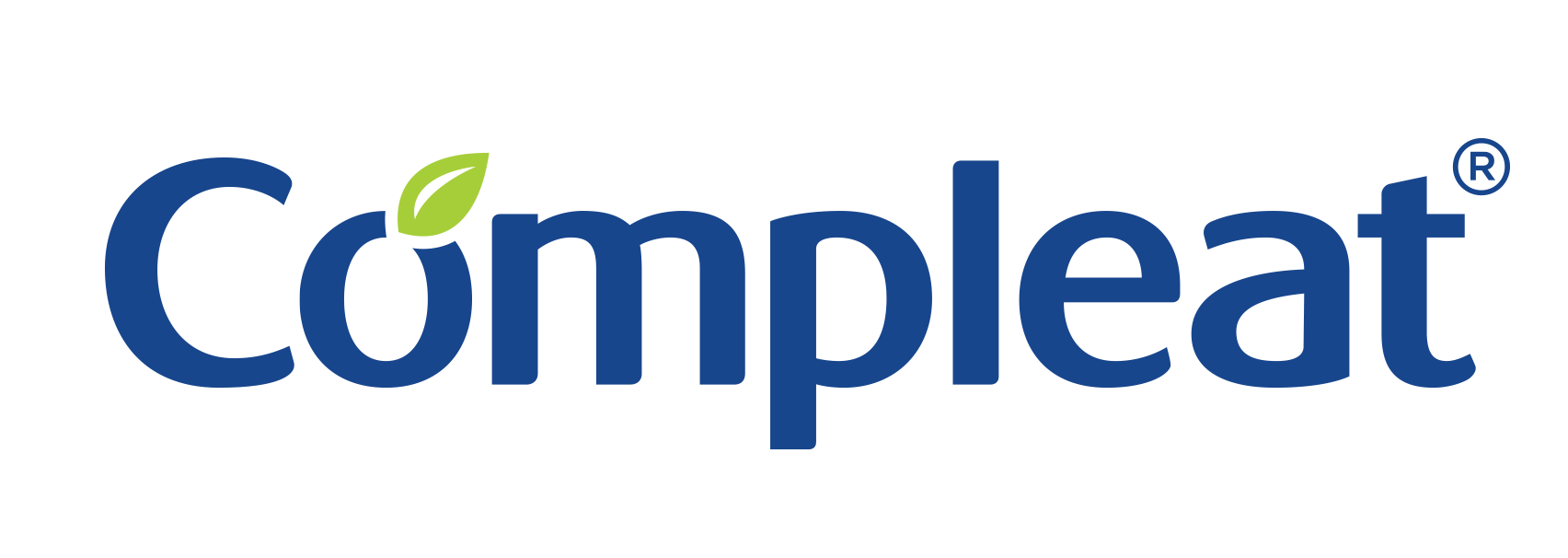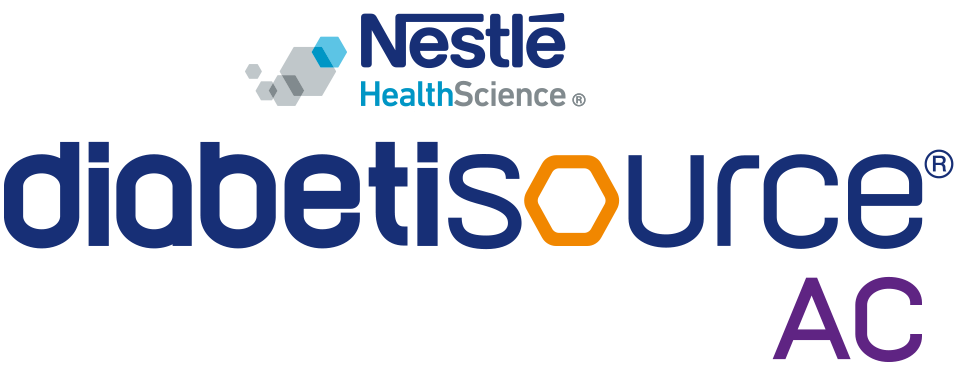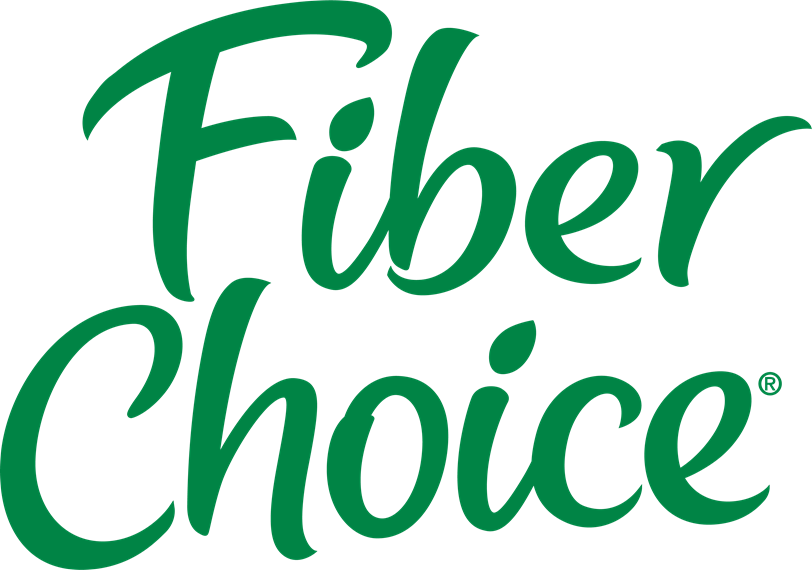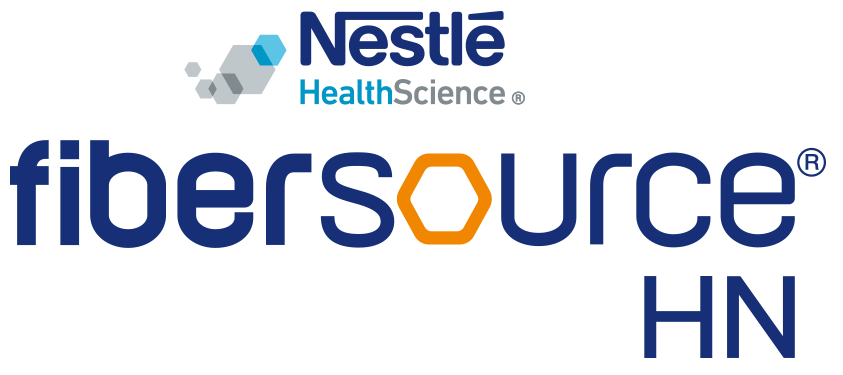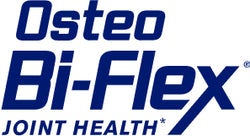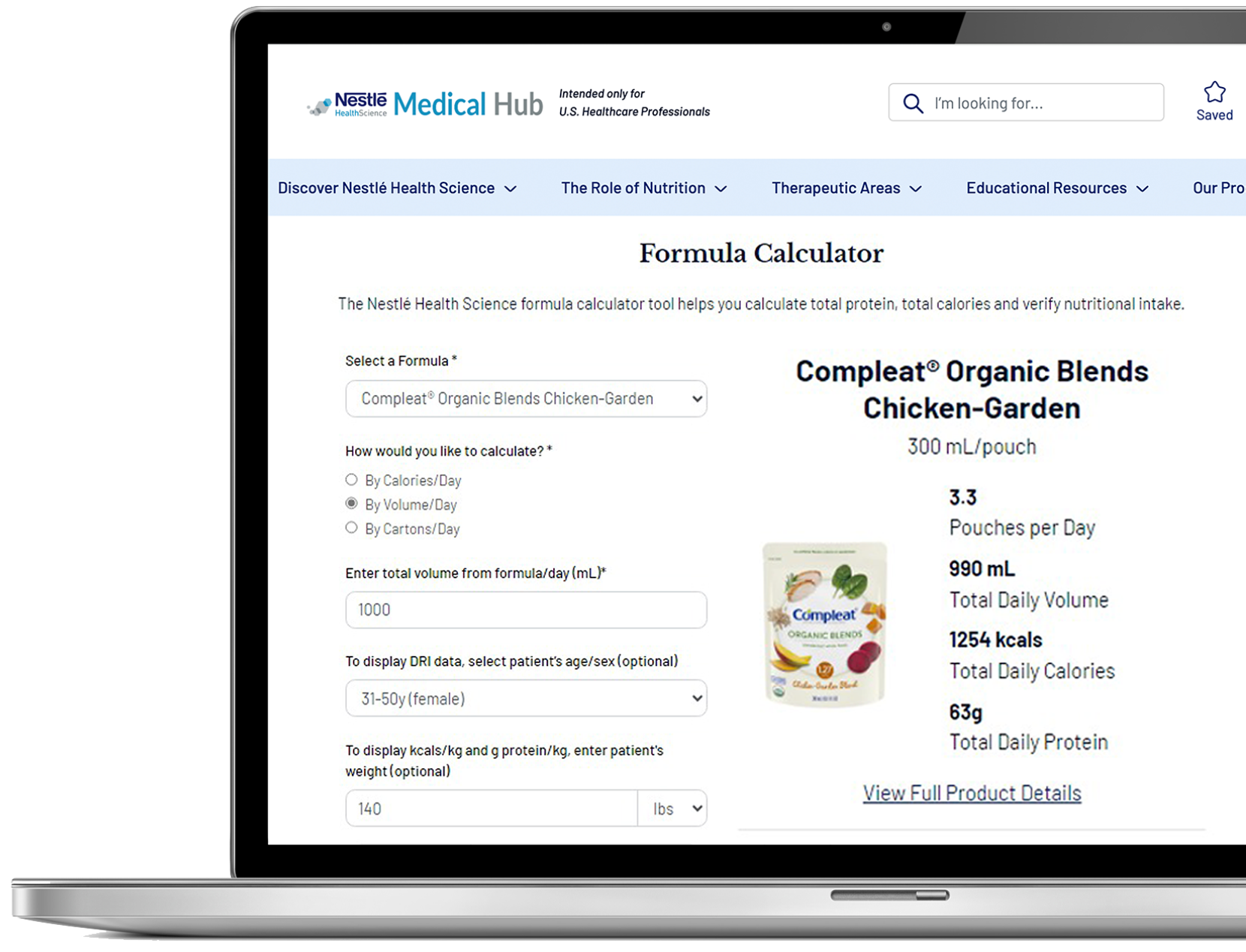Non-Alcoholic Fatty Liver Disease (NAFLD): Sustained Weight Loss and Improved Liver Health with a Very Low-Calorie Diet
About this Webinar
Non-alcoholic fatty liver disease (NAFLD) is the most common liver condition worldwide, affecting approximately 25% of the population worldwide. NAFLD is an umbrella term which encompasses a spectrum of conditions that ranges from steatosis to nonalcoholic steatohepatitis (NASH) to cirrhosis. It is characterized by the presence of excessive hepatic fat accumulation 5% and associated with metabolic abnormalities including obesity, type 2 diabetes (T2DM), insulin resistance, and cardiovascular disease.
There are no approved pharmacological interventions available for NAFLD. Lifestyle and diet modification with a weight loss goal of 5-10% are the primary recommendations for treating NAFLD; however, only a minority of patients achieve this level of weight reduction with standard dietary approaches.
In this webinar, Dr. Mehal discussed the pathogenesis of and NASH, proposed new terminology for NAFLD, and current treatment recommendations with focus on the impact of weight loss on outcomes. Dr. Jadine Scragg discussed the findings and implications from the “Feasibility of a Very Low Calorie Diet to Achieve a Sustainable 10% Weight Loss in Patients With Nonalcoholic Fatty Liver Disease” study for which she was the lead Investigator that aimed to evaluate whether a very low calorie diet (VLCD) is an acceptable and feasible therapy to achieve and maintain a ≥10% weight loss in patients with clinically significant NAFLD.









